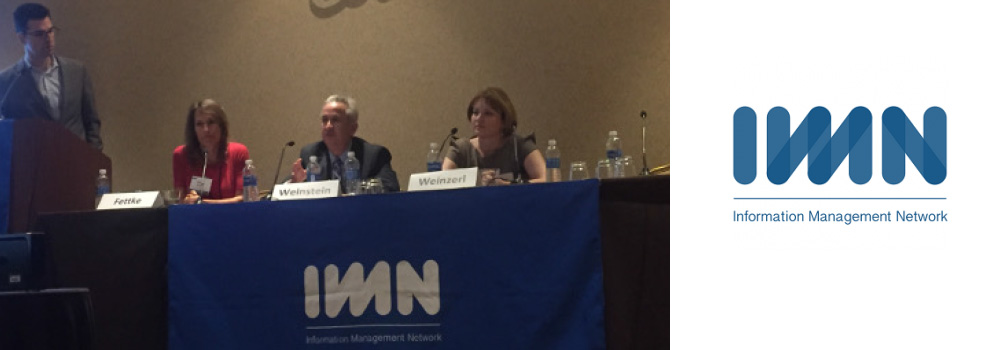From Website: GlobalSt.com
By Carrie Rossenfeld
May 2017
HUNTINGTON BEACH, CA—Setting up a TIC well in advance of making a 1031-exchange transaction will legitimize it as a business decision rather than merely a means to avoid taxation, helping investors avoid red flags to the IRS, speakers at the IMN Multifamily Forum say.
Speakers on the panel “Tax Planning, Tax Incentives, 1031 Exchanges, IRAs and Other Tax-Advantaged Multifamily Investments in a Trump Environment” explored the best tax options to take in an age when the business rules may be changing at the federal level.
Yunna Weinzerl, a tax partner with Armanino LLP, said real estate is unique in the 1031 exchange world because the exchange is required to be a like/kind one. Mark Weinstein, president of MJW Investments, said when setting up the ownership behind a 1031 exchange, it’s smart to do so as a TIC rather than as a partnership because multiple investors can set it up as their own investment, and when you sell, you can each go your separate way. Weinzerl pointed out that in a 1031 exchange, “you can only exchange property, not partnership, so you don’t want to set up a partnership.”
She added that the biggest issue in setting up the TIC is time—you don’t want to rush to do this before the sale of the property because intent is questioned: are you doing it to avoid paying taxes or for other reasons? “It’s all about the intent—you need to prove you had good intent, so do the TIC set-up away from the time of the exchange” to avoid auditing and questioning.
Kathy Fetke, co-CEO of Real Wealth Network, said the 1031 exchange situation is “kind of a desperate situation” because of the time issue: investors must identify possible replacement properties within a short time frame to avoid tax penalties on the exchange. When you’re not in the real estate business, it’s hard to find replacement properties, Weinstein said.
In discussing proposed federal tax-policy changes, Weinzerl said, “There is concern because one of Congress’s proposals eliminates 1031 tax benefits completely, but you get an immediate write-off of any building you buy.” Weinstein said, “If they cut it out and didn’t provide a provision to replace the benefit, it would really affect prices. Prices would go down because you don’t have the time concern, and deals could fall through.”
Weinzerl pointed out that in a 1031 exchange, the seller has to identify either three possible replacement properties and close on one of them, or they may use the 95% rule, which says a taxpayer can more than three properties with a total value that is more than 200% of the value of the relinquished property, but only if the taxpayer acquires at least 95% of the value of the properties that he identifies.
Fettke asked if there’s any way that sellers can exchange into syndication, and Weinzerl said they do have the DST option, which is complicated, “But they can exchange into it for tax purposes; it’s similar to a regular syndication, but you still can do it.”
Weinstein said when working with the agencies, Fannie Mae and Freddie Mac make 1031 investors turn the TIC into a partnership after a year, and it costs $70,000. “You cannot promote a TIC, though,” said Weinzerl. She added that most of her clients are not aware of bringing the depreciation over in the exchange and that investors must have both the old and new basis. “If the TIC is done too close to the exchange, it is not being held long enough in advance of the transaction and violates the exchange It must be done for business reasons, not tax reasons, and it needs to be a good story.”
Carrie Rossenfeld
Carrie Rossenfeld is a reporter for the West Coast region of GlobeSt.com and Real Estate Forum. She was a trade magazine and newsletter editor in
New York City before moving to Southern California to become a freelance writer and editor for magazines, books and websites. Rossenfeld has written
extensively on topics including commercial real estate, running a medical practice, intellectualproperty licensing and giftware. She has edited books
about profiting from real estate and has ghostwritten a book about starting a homebased business.
View full article:
http://www.globest.com/sites/carrierossenfeld/2017/05/24/using-tic-ownership-for-maximum-1031-tax-benefits/
For more information on 1031 Exchange Replacement Properties in the form of Tenants in Common (TIC) contact Corcapa 1031 Advisors (949) 722-1031 or complete the contact form below.
"*" indicates required fields



